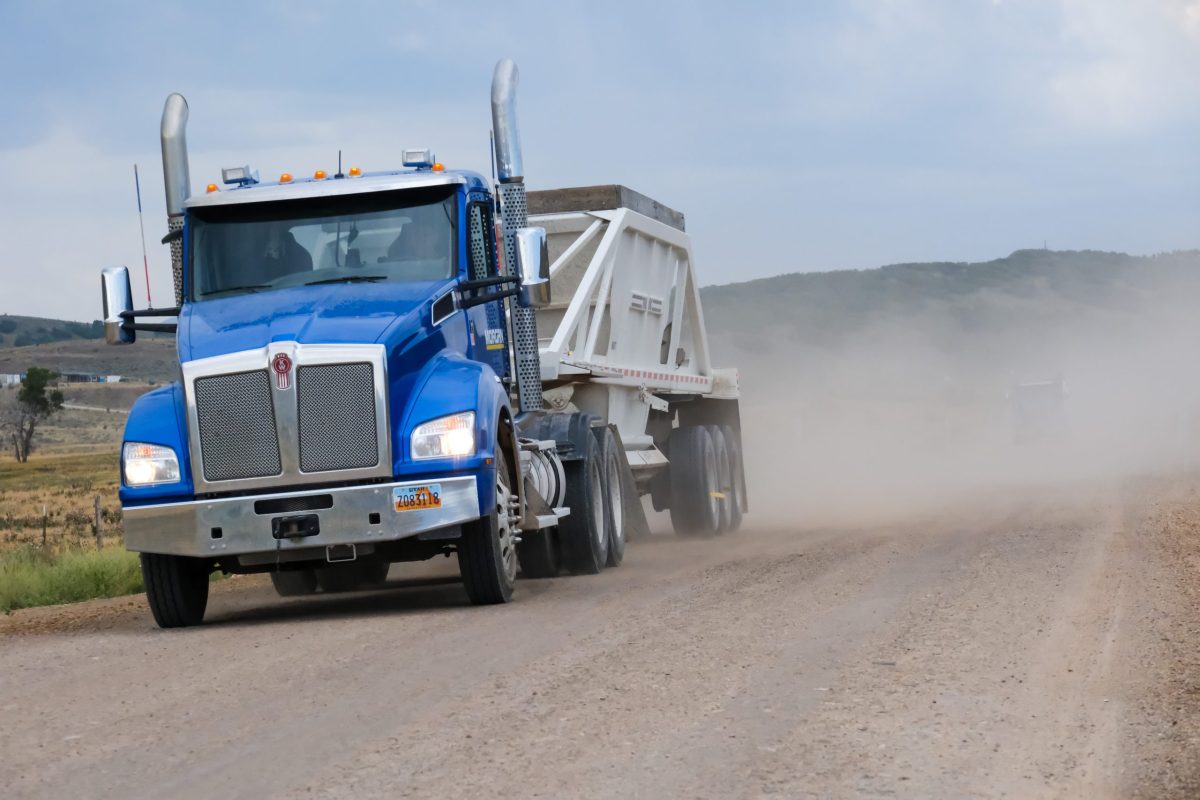There are a lot more people on a road less traveled, and peeved Summit County residents are beginning to take note.
Summit County Council and Wasatch County Council met congruently Wednesday afternoon to discuss concerns over W. 200 South, a road shared by the two jurisdictions. The road has served as the primary construction route for the Tuhaye development east of Jordanelle Reservoir, which will consist of 728 homes when completed, and it’s also the lone route that allows access to Wakara Ridge, a 176-home development approved by Wasatch County in April.
A Summit County staff report stated Summit County residents had complained several times about the construction traffic, citing their concerns about dust, diesel exhaust, the time of day trucks were using the route, safety, damage to roads and “disruption of peaceful way of life.”
Portions of the road — which is also known as “Gun Club Road” and “Old Valley Highway” — have been vacated by Wasatch County to become privately held by Tuhaye since 2000, and as part of agreements, Tuhaye paved the Wasatch portion of the route and granted easements to property owners who relied on it.
Wasatch County Executive Dustin Grabau said that at the time he thought Wakara and Tuhaye would work to reach an agreement that would allow Tuhaye access through its private roads.
The agreement never materialized, and Wakara residents rely solely on W. 200 South.
Summit County Councilor Chris Robinson expressed surprise that Wasatch County approved the subdivision with the basis that it would allow it to use the small, rural road as its primary path without getting involved in negotiations between developers.
David Thomas from Summit County Attorney’s Office said Summit County’s portion of the road — known as the Gun Club Road as it provides access to the Kamas Valley Lions Gun Club — “was not designed for heavy motorized traffic or construction traffic and is best classified as a rural local road, not a collector or arterial road.”
“We’ve been looking at this a couple of months now,” Summit County Chair Malena Stevens said. “We had initially determined that we were likely to put up a crash gate as it was intended to be a secondary access as far as we were apprised.”
After gaining a deeper understanding of the road’s use, she said the council decided to bring in Wasatch officials for a fuller conversation.
“We were not aware of the development and particularly the intensity of development that was taking place with access along that road,” she said.
Jon Woodard, Wasatch County’s deputy attorney, said he thought approval notices were sent to Summit County.
“This catching everybody by surprise is certainly not by design,” he said. “There were ways that this could have been discovered through paying attention to the noticing that’s given.”
He described the conundrum as a “tricky situation” as approvals have already been given to developers in the area.
“We can’t just decide all of a sudden without having to change things, without having a big impact on approved projects,” he said.
Stevens assured him she wasn’t concerned about any malicious intent.
Summit Councilor Canice Harte asked Thomas what issues the county could face if they decided to install a crash gate despite Woodard’s worries.
“As a highway authority, you would have the ability to go through a public hearing process and decide what you want to do with the road,” Thomas said. “You could vacate it, you could certainly make it a limited-use highway. You could close part of it.”
But whatever their course of action, he advised, there will be a response from those who use the road.
His fear of possible litigation was validated by multiple lawyers representing developers who attended the meeting and spoke about their concerns on what it could mean if the road were closed or access to it limited.
“This gentleman asked what would happen if you closed the gate or restricted access,” Wakara lawyer Jeremy Reitzel said. “I think it’s pretty clear under case law is if a road authority cancels a road and there is a landowner that relies on that road for access, that cancellation does not strip them of their access rights to continue to go through that road. … You can’t take our private right to access that property through the road because that’s a public road.”
He added Wakara wants to work cooperatively to solve the problem.
Thomas advised that there are legal avenues through which Summity County could close the road and access, though he said it probably wasn’t the best option.
Wakara’s in-house legal counsel — Russell Skousen — took a more gentle approach, proposing potential solutions like redesigning the road with medians, making the path less straight, imposing a 25-mile-per-hour speed limit and constructing asphalt walking trails on either side.
The two councils ultimately agreed to form a subcommittee, though everyone present realized the need for better communication between the counties in the future to resolve and prevent further conflicts.

